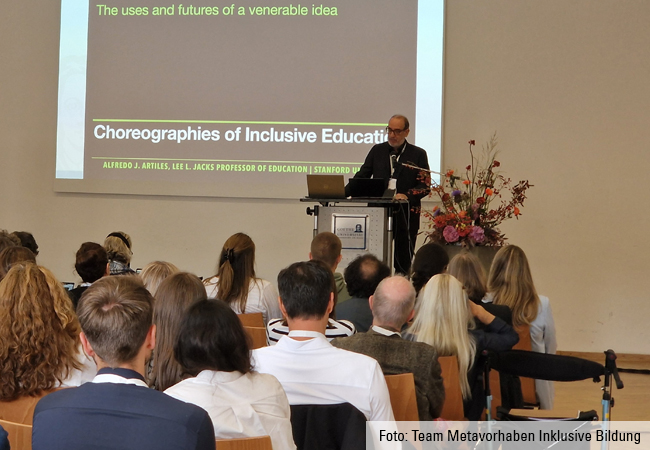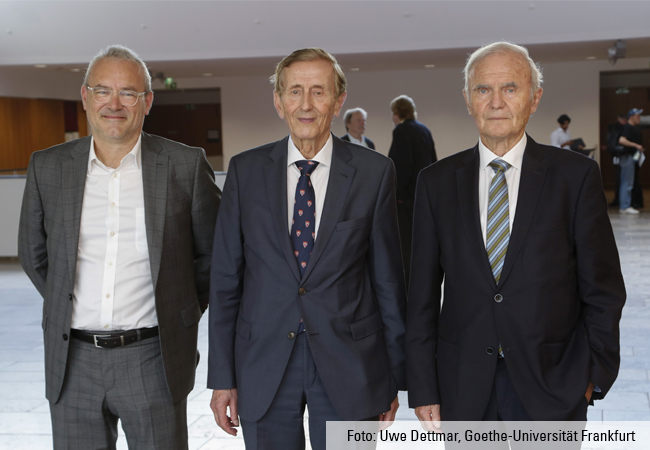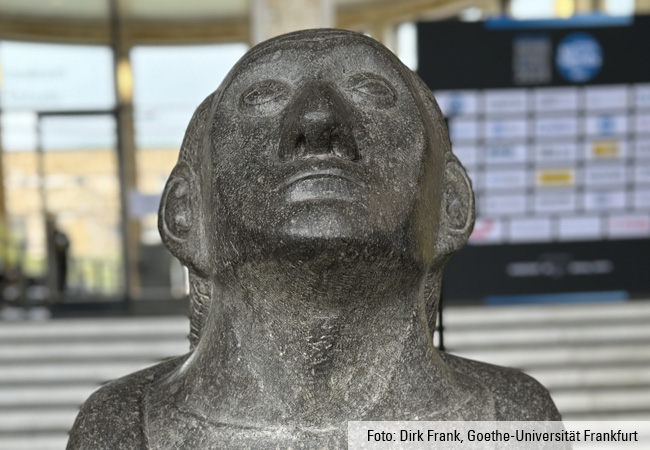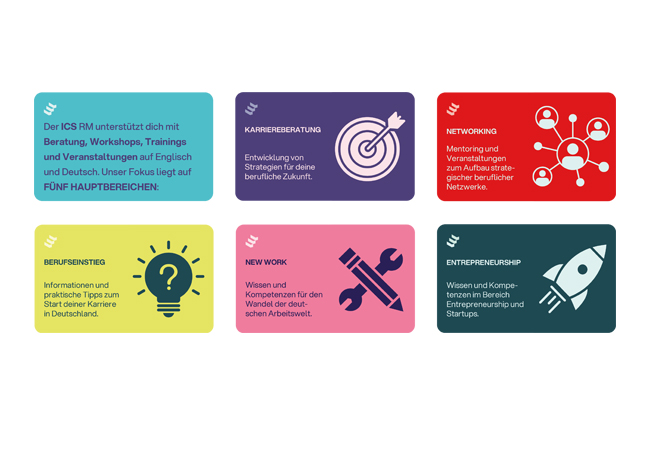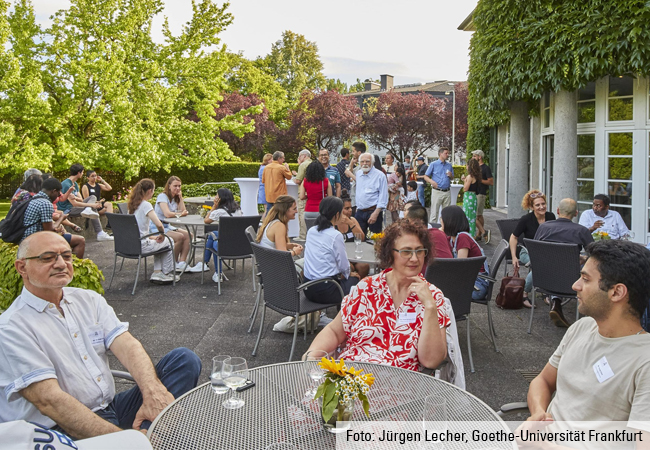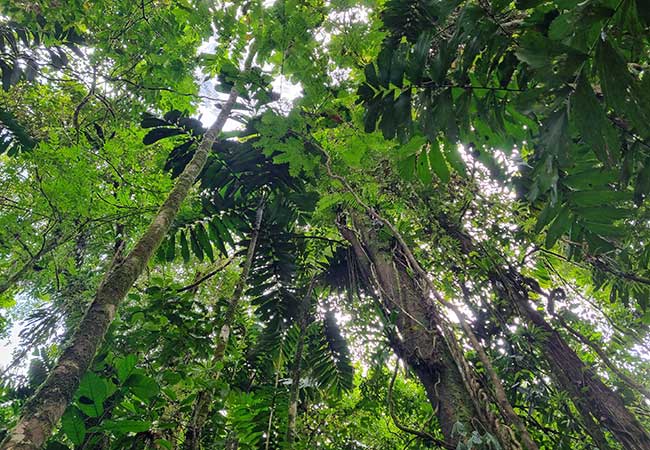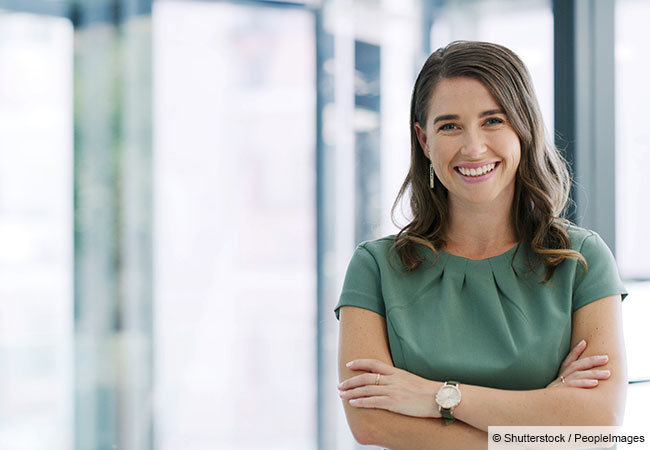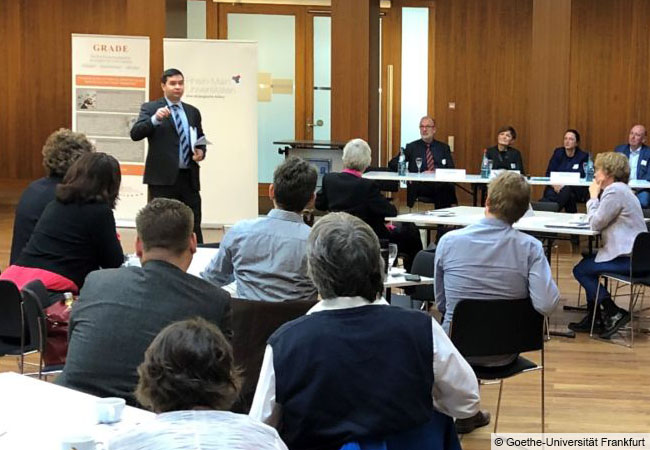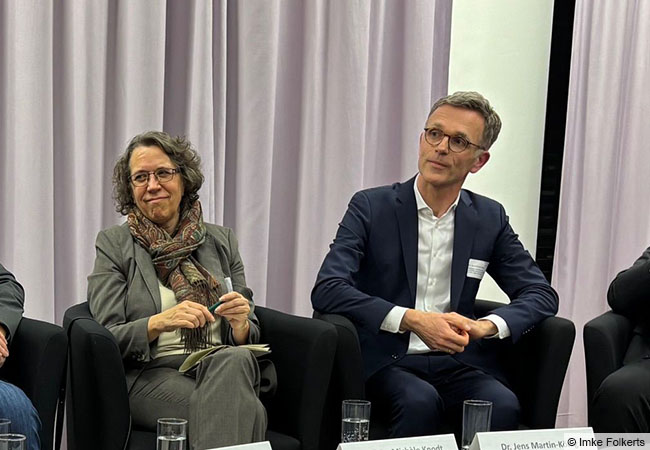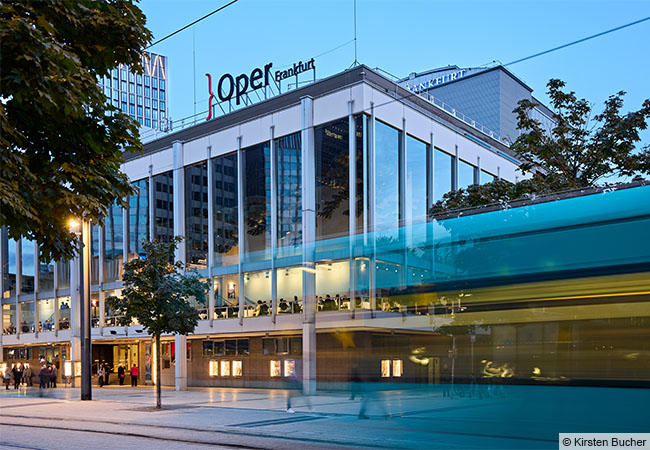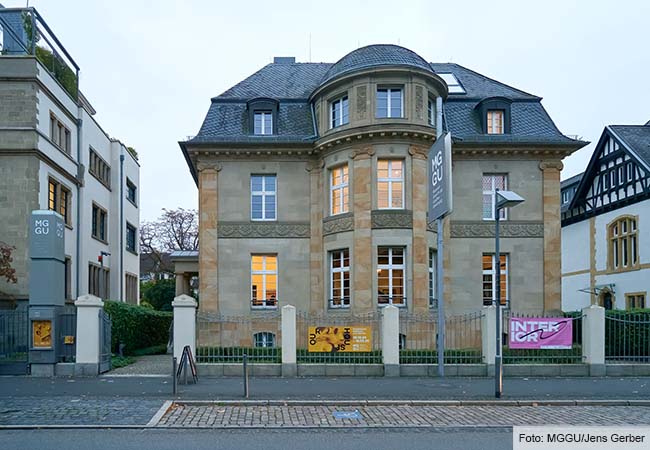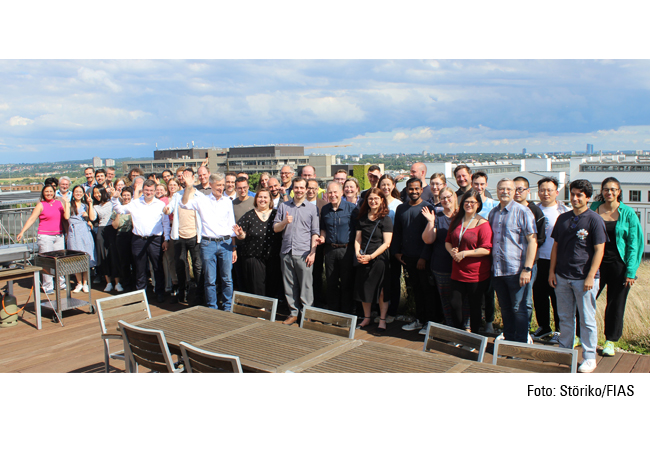
“The founding of FIAS 20 years ago was a rather strange story,” recalls Wolf Singer, neurobiologist and co-initiator of the Frankfurt Institute for Advanced Studies. At the beginning of the millennium, it had become clear to him that theories and simulations were becoming more and more important not only for his field but for all the natural sciences. The theorists, however, were out on a limb among the experimentalists. “So rather cheekily I submitted an application to the VW Foundation for an endowed professorship in theoretical neuroscience at Goethe University Frankfurt,” says Singer. His application was peer-reviewed and considered viable by international scholars, and funding was approved for five years. But neither in the Faculty of Biological Sciences nor the Faculty of Physics could a home be found.
Theoretical research – flexible and interdisciplinary
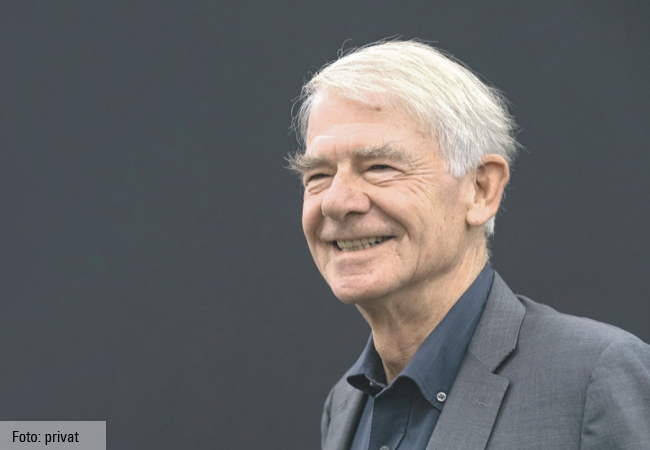
Independently of this, the physicist Walter Greiner approached Goethe University Frankfurt at the same time with a request for more theoretical physics. Rudolf Steinberg, its president at the time, had called for the establishment of new, flexible and independent “research speedboats” around the university. This is how, in 2003, Singer, Steinberg and Greiner’s ideas for an interdisciplinary institute for theoretical research coalesced.
“Complex systems, no matter in which scientific discipline, can be described using the same theoretical approaches,” says Singer, summing up the objective valid at the time and still valid today. Whatever the discipline, mathematical formalism is always the same. He thinks that bringing together theorists from various subjects under the same roof triggers synergies and facilitates interdisciplinary research. The institute’s establishment as a non-profit foundation under civil law was unique. It allowed for flexibility in research – and served as a model for other scientific institutions.
A name was quickly found: Frankfurt Institute for Advanced Studies – a nod to the prestigious center for theoretical research in Princeton, USA. Now it was a matter of funding, finding a base “and knocking on doors,” says Singer with a grin. Together with Steinberg and Horst Stöcker, Vice President Research and later the first chairperson of FIAS, Wolf Singer and Walter Greiner set off in search of suitable premises and financial partners. Alongside the VW Foundation, other renowned sponsors soon followed, including the Hertie Foundation, Merck, Boehringer Ingelheim, Siemens, Samson, and others. “We were welcomed with open arms,” says Singer, as the international review by the VW Foundation was convincing and had been corroborated by scholars. They had soon collected enough money to finance five junior research groups for five years.
Rooms were found at the Faculty of Physics, and FIAS moved in temporarily. “We advertised research positions worldwide,” says Singer. From 250 applications, they selected five future fellows whose salaries as well as postdoctoral and doctoral positions could be financed from the funds raised. “All five later became professors,” says Singer, confirming that they had made the right choices. The Foundation Council and the Board of Trustees were constituted. Greiner and Singer were the founding members of the new Board of Directors. “It was such a pleasure to work with Greiner!” says Singer about his colleague, who passed away in 2016. “He was visionary.” In terms of substance, they were on the same page, he says.
Skillful negotiations and helpful supporters
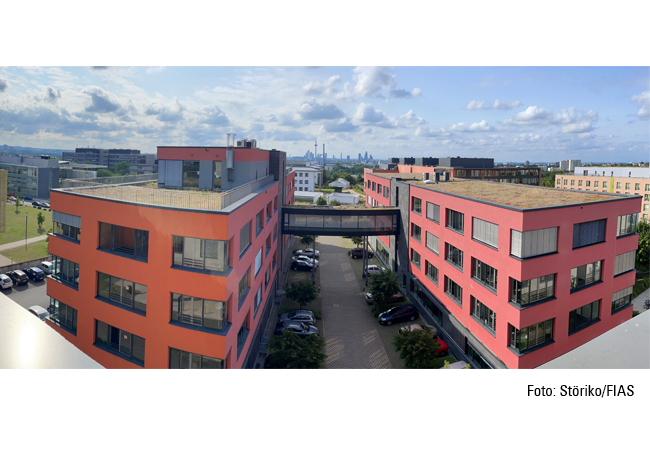
However, the question soon arose: How could the institute finance itself permanently? The Hessian State Government helped by pledging a bonus for all third-party funding secured by FIAS, in addition to paying the rent. This made it possible to finance equipment and administration, while the Board of Directors and the fellows successfully raised research funding (totaling around €100m to date) from various Frankfurt foundations, the Humboldt Foundation, the German Research Foundation (DFG), the Helmholtz Association and the Federal Ministry of Education and Research (BMBF). But there was still the question of a permanent home for the institute.
Greiner and Stöcker brought patrons Karin and Carlo Giersch on board as sponsors. The couple had transferred its profits from trading in electrical components to a charitable foundation that had already financed a research building in Darmstadt. This was copied in a similar way and therefore comparatively quickly and inexpensively for FIAS. After construction time of just nine months, FIAS moved into the new building on Riedberg Campus in 2007, whose warm red color contrasts with its functional purpose, as noted in the brochure to mark its inauguration: “It reflects the structured thinking on the inside to the outside.” The top floor with its expansive windows and a panoramic view from the Taunus to the Frankfurt skyline and the Odenwald contributes to the idea that “knowledge can also be acquired at a leisurely pace and is mostly then particularly fruitful if you allow your gaze to wander beyond the (or your own) horizon.” Carlo Giersch, the owner of the building, added: “When intellect and money come together, great things can happen.”
FIAS as a driver of scientific innovation
“Connecting Diversity” was and still is part of the FIAS mission. The links to experimental research at the universities, Max Planck Institutes and research alliances are important in this context. Some collaborations were not permanent, such as the integration of complex financial systems. “FIAS can break new ground in science; it is not bound to the canon of academic subjects like the universities are,” says Singer, describing the institute’s advantages. Stöcker described FIAS as a “passageway” for its young fellows: After five years of independent research with limited teaching duties, most of the fellows made the successful transition to a professorship or into industry.
Since its foundation, FIGSS (Frankfurt International Graduate School for Science), which is hosted by FIAS, has provided interdisciplinary doctoral training in close cooperation with Goethe University Frankfurt.
The successes that FIAS has under its belt are impressive: Computer-assisted neuroscience has allowed researchers to make significant progress. Theories and simulations of molecular and cross-cellular networks allow conclusions about cell movements and interactions or signaling processes as well as computer models of infectious diseases and their transmission. Physicists describe the tiniest and extremely dense forms of matter, gravitational waves and neutron stars and deliver important data on climate, earthquakes and power transmission. High-performance computers developed at FIAS are among the most energy-efficient systems in the world.
“A small institute can navigate like a speedboat and change direction at any time,” says Singer, attesting to the charm of FIAS predicted by Steinberg. It is more difficult, in his opinion, to integrate new ideas and visionary thinking into faculties than into such a flexible institute. “Original ideas that hold promise for the future are tender plants that we must water and nurture so that they can hopefully grow.”
Eckhard Elsen, Scientific Director since 2022, is convinced: “The founding idea still applies: Across disciplines, we bring together the best approaches for solving scientific challenges.” In addition to neuroscience and physics, biology also conducts simulations and modeling at FIAS. “FIAS can use modern computing methods to advance research in a targeted and efficient way,” says Elsen – and thanks the institute’s visionary founders.
Anja Störiko
20 years of FIAS – that means:
• 72 fellows
• Over 100 doctoral graduates
• 3 endowment professorships
• 15 closely affiliated adjunct and international fellows
• Over 20 foundations and sponsors as supporters
• Around 150 visiting researchers from over 25 countries each year
The Frankfurt Institute for Advanced Studies (FIAS) is celebrating its 20th anniversary this year. In the striking red building on Riedberg Campus, 150 fellows and staff conduct interdisciplinary research into complex scientific topics of the future. At the heart of the institute’s work are simulations and theories from all areas of the natural sciences that create the basis for mastering the challenges of our times. As a non-profit foundation under civil law, FIAS works closely with Goethe University Frankfurt, neighboring research institutes as well as private donors and sponsors.The research areas at FIAS often dovetail: Computer scientists use their expertise to find starting points for vaccines, for example, or physicists explore how particle beams can destroy tumors. FIAS is celebrating this in 2024 with events such as an open day, summer party and participation in the Night of Science and the Museumsuferfest, an annual festival that takes place on the banks of the River Main. The highlight will be the ceremony in the Casino Building of Goethe University Frankfurt on December 5 under the aegis of Professor Enrico Schleiff.


